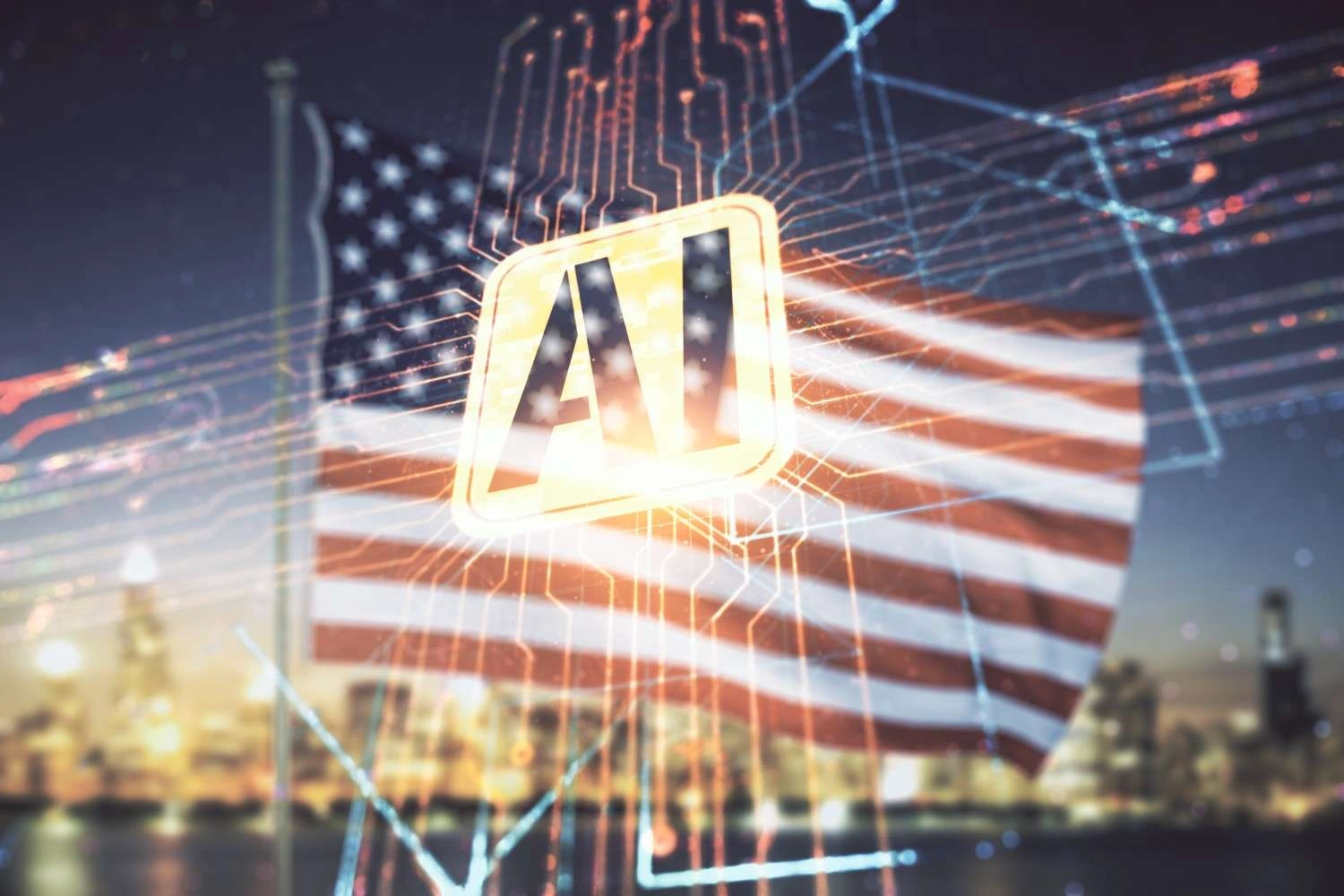Petroleum engineering is the science of engineering related to the production of hydrocarbons in liquefied (crude oil) and gasified (natural gas) form, and it holds tremendous potential in the oil and gas sector. With limited reserves of energy on the planet, this segment involves the exploration, discovery and recovery of precious hydrocarbon sources. It is expected to generate great demand for highly qualified engineers worldwide.
Let’s explore the Petroleum Engineering domain:

1. Scope of Petroleum Engineering
Typically, petroleum engineering requires an in-depth understanding of many inter-disciplinary subjects such as:
- Geophysics
- Petroleum Geology
- Formation Evaluation
- Drilling
- Reservoir Simulation
- Reservoir Engineering
- Well Engineering
- Gas Facilities Engineering
- Mathematics
- Economics
- Chemistry
You will get a chance to collaborate with geologists to understand the geologic formation and properties of the rock containing the oil reservoir. Interesting, isn’t it? You can explore the world during these collaborations.
Although higher education in the Engineering domain is indeed expensive, aspirants these days opt for a student loan in India. The study loan for engineering students is a fantastic choice as it covers all the major educational costs such as tuition fees, study equipment expenses, travel expenses, living expenses and other education-related expenses. Please check student loan interest rates, costs covered, eligibility criteria and other important aspects before opting for an education loan.
- Pro tip: With the growing demand for energy resources, a degree in Petroleum Engineering will be a key to build a successful and lucrative career.
2. Skill required
- Tech skills
Proficiency in designing complex systems and relevant computer skills will enhance your academic journey as Petroleum Engineers design equipment and processes to maximise the profitable recovery of oil and gas. In fact, energy companies own many of the world’s supercomputers as they attempt to devise complex models to create new techniques to extract valuable hydrocarbons.
- Quantitative aptitude
Another facet of working in this industry involves heavy number crunching as companies have to gauge the project’s financial viability and determine if the entire process is worth it.
3. Universities
A well-ranked university that offers courses in Petroleum Engineering will not only assure placement in world-class organisations but will also offer ample scope for future growth. Since this is a highly evolved industry, many universities in India and abroad offer degree, post-graduate and PhD courses in this domain.
The US leads the pack for energy consumption on the planet, consuming more gasoline than all of South America, Europe, Asia, and Africa combined. It also houses some of the best universities imparting education and majors in this segment. Some of the top universities in this segment across the globe are as follows:
- National University of Singapore (NUS), Singapore
- The University of Texas at Austin, the US
- Technical University of Denmark, Denmark
- Stanford University, the US
- King Fahd University of Petroleum & Minerals, Dhahran, Saudi Arabia
- Imperial College London, the UK
- University of Petroleum and Energy Studies (UPES), India
- University of Alberta, Canada
- Delft University of Technology, Netherlands
- The University of Adelaide, Australia
- Indian Institute of Technology Kharagpur, India
- Middle East Technical University, Turkey
- Politecnico di Torino, Italy
- Khalifa University, the UAE
- KTH Royal Institute of Technology, Sweden
- Universiti Teknologi PETRONAS (UTP), Malaysia
4. Eligibility criteria and entrance exams:
Please remember the following points if you aspire to opt for Petroleum Engineering.
- You should clear your Class XII board exams or an equivalent exam with Physics, Chemistry and Maths as compulsory subjects.
- To study at prestigious educational institutions such as NITs, you must clear the JEE Mains entrance exam.
- To secure a seat at institutes such as IITs, you have to clear JEE Advanced entrance exam.
- For a master’s degree, you have to clear the Graduate Aptitude Test in Engineering (GATE) entrance exam.
5. Job opportunities
The complex, challenging and dynamic nature of the engineering field ensures that the remuneration remains attractive for the right candidates. Trends point out that the petroleum industry will attract smarter and more efficient engineers to harvest valuable energy resources. This segment is set for steady and significant growth in the coming decades.
Some interesting career paths
- Reservoir Engineer
- Drilling Engineer
- Completion Engineer
- Production Engineer
- Well Testing Engineers
- Wireline and LWD engineers
- Drilling Fluid Engineers
Whether you choose to study in India or abroad, higher education in Petroleum Engineering is expensive. However, a study loan for engineering students is one of the best options to earn a self-made badge. These days, it is super easy to apply for a Student loan in India.
When you opt for an education loan, student loan interest rates should not be the only criteria for shortlisting your education loan provider. You must check out the benefits offered, costs covered, customer service and more. If you have more queries, we will be glad to answer them. All you have to do is connect with us.


.png)








